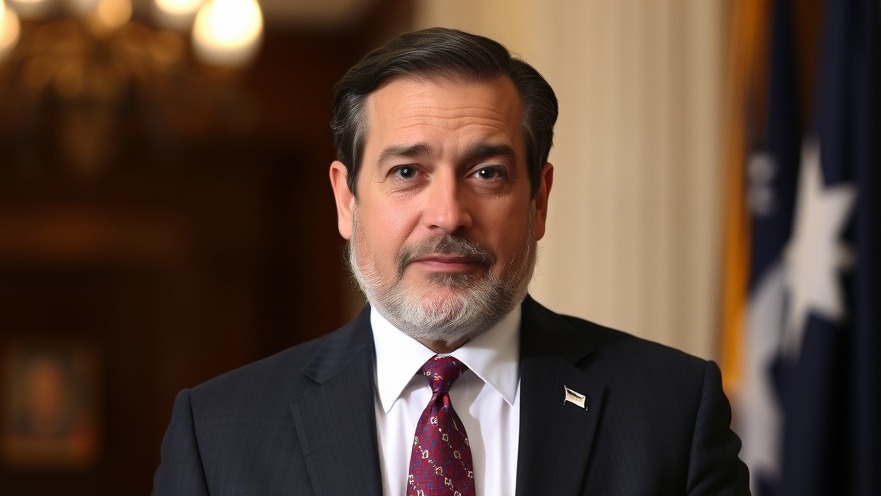
A Dangerous Precedent for Free Speech in Comedy
U.S. Senator Ted Cruz recently made headlines with his striking words about the Federal Communications Commission (FCC) Chairman Brendan Carr's threats against Jimmy Kimmel. The senator condemned Carr’s comments as "dangerous as hell" and compared them to tactics used by organized crime. This incident has reignited the debate about free speech, especially in the realm of comedy, and the implications of government intervention in media.
The Free Speech Fray: What Happened?
Senator Cruz's remarks came after Carr expressed a willingness to revoke ABC’s broadcast license over Kimmel’s controversial comments about the death of conservative activist Charlie Kirk. Kimmel had criticized the MAGA movement during his monologue, which prompted outrage within the conservative circles. Carr, speaking on a right-wing podcast, suggested that there would be consequences for ABC unless they took action against Kimmel.
The Complex Landscape of Comedy and Politics
Cruz's far-from-typical stance highlights a significant rift among conservatives. While most Republican leaders have maintained a distance from the incident, Cruz took a strong stance, warning that government involvement in media decisions poses risks to freedom of expression. Cruz acknowledged that, despite his contempt for Kimmel's words, resorting to government sanctions paves a slippery slope for conservative voices in comedy and other forms of media.
Understanding the Cultural Context
This controversy underscores the evolving dynamics of media and politics in America. As comedians like Kimmel push the envelope of satire, the environment in which they operate is fraught with increasing political scrutiny. Cruz's concerns reflect a growing understanding that today's threats to media freedom may come wrapped in support for political viewpoints rather than outright censorship.
The Future of Media in a Polarized Landscape
Looking forward, Cruz's warnings regarding future shifts in political power are poignant. He reminded listeners of the potential for a Democratic administration to wield the same power dangerously against conservative voices. The implications of government censorship could reach far beyond a single television host, initiating an even broader crackdown on expression in entertainment and news media.
Public Sentiment and the First Amendment
The response to these events also speaks volumes about public sentiment regarding the First Amendment. Democrats have rallied behind Kimmel, denouncing Carr’s threats as an infringement on freedom of speech. The situation reveals a fracture within the Republican party—where some prioritize ideological purity over free expression. This divergence challenges the common narrative of conservative champions of freedom, complicating their relationship with the media.
Conservatives Caught in the Crossfire
For everyday conservatives, the consequences of this narrative unfold in their daily realities. The specter of being silenced over political dissent raises essential questions about who controls the narrative in mainstream media. Cruz effectively warns that actions like Carr's may alienate conservatives the very media platforms they rely on for expression and outreach, a risk that could ultimately backfire.
Your Voice Matters: Engaging with Future Conversations
The political landscape continues to shift in ways that affect not just news coverage but also the very essence of public discourse. Citizens need to be aware of these changes, engage in dialogue around media freedoms, and uphold the responsibility of free speech even when voices are at odds. It’s crucial for audiences to support a diverse media environment that reflects a spectrum of perspectives without resorting to suppression.
In an age where political polarization affects our freedoms, it’s time to consider carefully not only how we voice concerns but also how we protect the voices that dissent. Through this renewed vigilance, we can foster a more open dialogue that transcends partisan divides, ensuring all voices find a platform.
 Add Element
Add Element  Add Row
Add Row 



Write A Comment